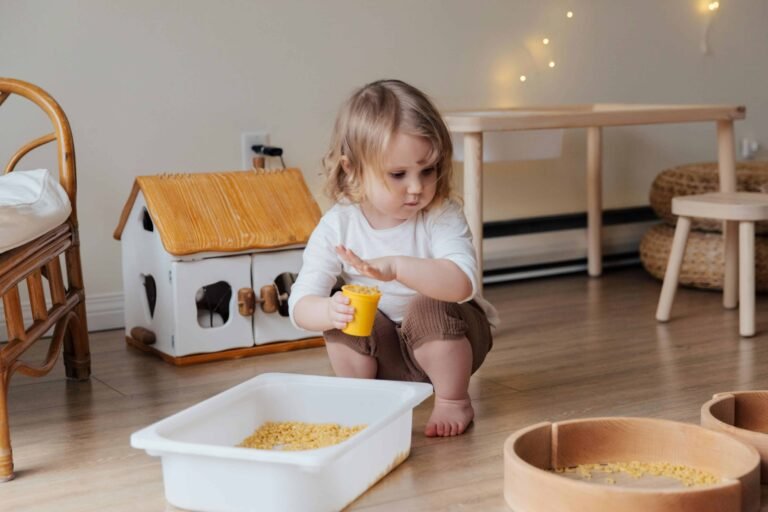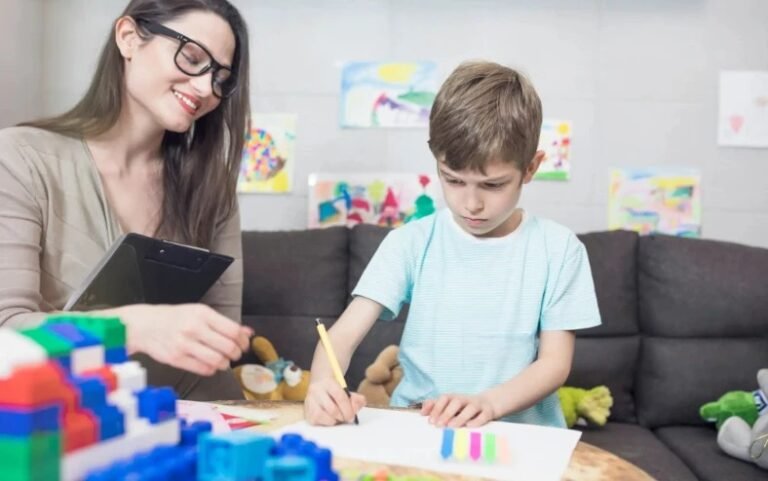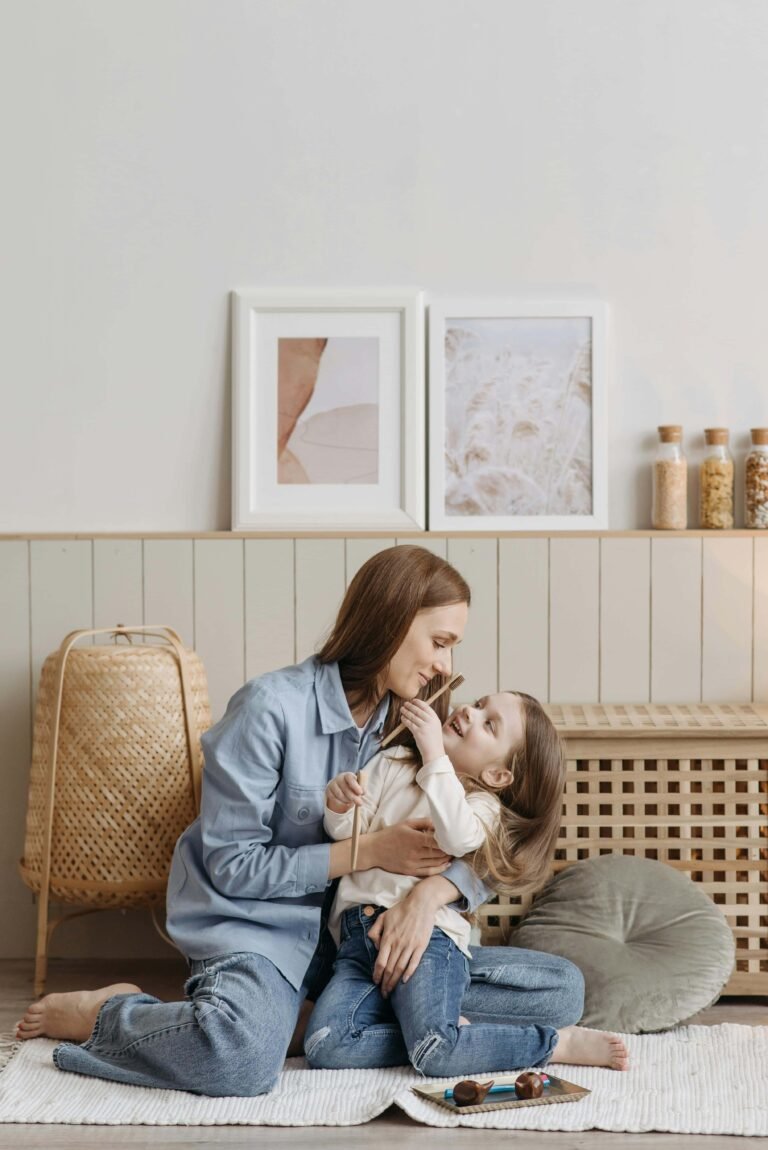Picture this: Your 4-year-old insists on buttoning their own pajamas, even though bedtime was supposed to happen 20 minutes ago. Your 12-year-old wants to walk to the park alone for the first time, and your stomach does a nervous flip. Parenting is full of these tiny moments where pride and panic collide. We all want our kids to grow into capable, resilient humans—but how do we loosen our grip without feeling like we’re abandoning them?
Hi, mama. Let’s talk about raising independent kids without losing sight of the fact that you’re still their safe place. This isn’t about checklists or rushing milestones. It’s about trust, tiny steps, and giving yourself grace when it’s harder than you expected.
Why Independence Isn’t All-or-Nothing
Independence isn’t a finish line—it’s a slow dance. Kids need room to stumble, but they also need to know we’re right there, cheering them on. The goal isn’t to send them into the world unprepared. It’s to help them build the skills (and the confidence) to handle life’s curveballs.
Here’s the thing: It’s okay if this feels bittersweet. Watching your baby grow up is equal parts thrilling and terrifying. You’re not “too clingy” if you hover a little when they climb the playground ladder. And you’re not “too strict” if you set boundaries about screen time. This is about progress, not perfection.
Practical Ways to Foster Independence (Without Losing Your Mind)
1. Start Small—Like, Really Small
Independence grows through everyday moments:
- Ages 2–4: Let them pour their own cereal (yes, there will be spills), choose between two outfits, or “help” fold laundry.
- Ages 5–8: Teach them to make a basic sandwich, pack their backpack, or resolve minor disagreements with siblings before jumping in.
- Ages 9+: Encourage them to manage homework deadlines, walk the dog around the block, or text Grandma a thank-you note.
Pro Tip: Use the “Three C’s”: Clarity (“Put your shoes on the rack, please”), Consistency, and Calm when things go sideways.
2. Let Them Solve Their Own Problems (Even If You’re Cringing Inside)
When your kid forgets their lunchbox, your first instinct might be to rush it to school. But that moment of hunger? It’s a better teacher than any lecture. Try:
- “Hmm, that’s tough. What do you think you could do?”
- “Want to hear how I’d handle it? Or figure it out yourself first?”
- “Let’s practice what you’ll say to the teacher.”
Note: This doesn’t mean leaving them stranded. It means letting them practice before the stakes get high.
3. Normalize Mistakes—Yours and Theirs
Kids learn resilience by seeing us recover from slip-ups. Say things like:
- “Oops—I burned the pancakes. Let’s try again together!”
- “I felt nervous before my work meeting too. Want to brainstorm how to handle it?”
Mistakes aren’t failures; they’re just data.
4. Quiet the “Shoulds” (Other People’s Kids Don’t Matter)
Your neighbor’s 6-year-old might ride the subway alone, but yours isn’t ready? That’s fine. Independence isn’t a race. Meet your child where they are:
- Anxious kids might need more reassurance. Try role-playing new situations.
- Overconfident kids might need clearer safety rules. Focus on “how,” not “don’t.”
When It Feels Hard (Because It Will)
You’ll second-guess yourself. You’ll cave and tie their shoes when you’re late. You’ll lie awake wondering if you’re too strict or too lenient. That’s normal. Here’s what helps:
- Talk to other moms. Swap stories—you’ll realize nobody has it all figured out.
- Reframe “independence” as teamwork. They’re learning to trust themselves, not pushing you away.
- Celebrate the wins. Did your teen finally do laundry without being asked? Throw confetti (quietly, so they don’t get embarrassed).
The Bigger Picture: You’re Raising Future Adults
One day, your kid will cook a meal, navigate a city, or speak up for themselves because you let them practice when the stakes were low. They’ll know how to ask for help and trust their gut—because you modeled both.
So take a deep breath, mama. You’re not just raising independent kids. You’re raising humans who’ll leave the world kinder, braver, and more capable than they found it. And that’s worth every spilled cereal box along the way.




